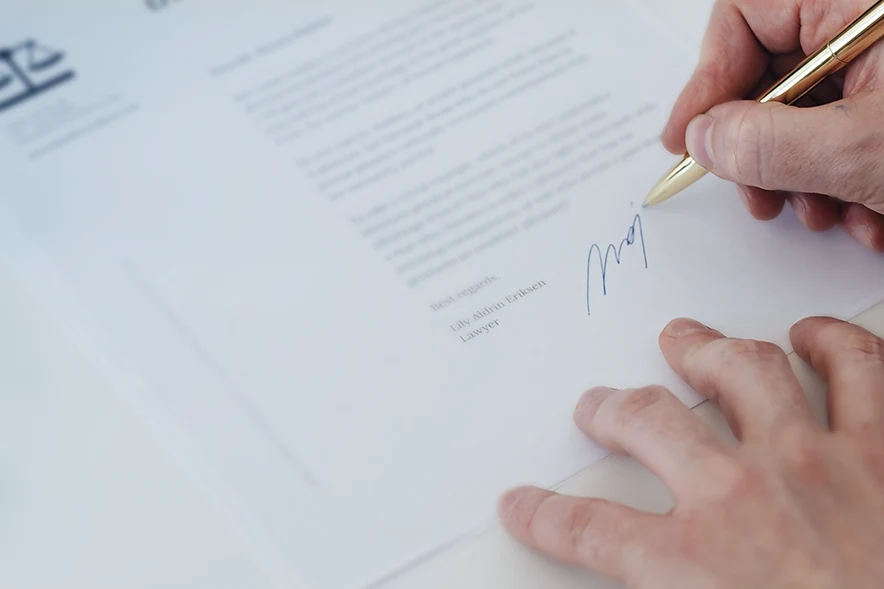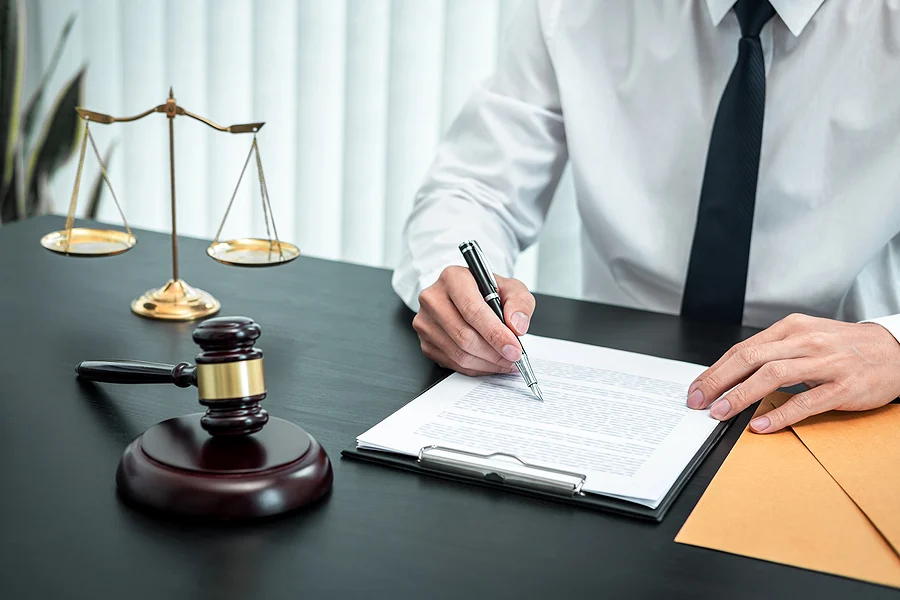In the bustling city of Dallas, businesses often face the challenge of collecting outstanding debts. That’s why understanding how to navigate the legal landscape with a Dallas collections attorney can make all the difference.
This guide will provide you with essential insights into the collections process, the role of an attorney, and how to effectively manage and recover your debts. By the end, you’ll be equipped with the knowledge to handle collections confidently and legally.
The Role of a Dallas Collections Attorney
Dallas collections attorney specializes in helping businesses recover outstanding debts through legal means. Their expertise can make a significant difference in the success of your collection efforts. Here’s how they can assist you:
Legal Expertise
A collections attorney has in-depth knowledge of both state and federal debt collection laws. They can navigate the legal system efficiently, ensuring that your collection efforts comply with all relevant regulations.
This legal expertise helps avoid costly mistakes and ensures that all actions taken are within the bounds of the law, protecting your business from potential legal repercussions.
Drafting Demand Letters

Source: demandletters.com
One of the initial steps in the collection process is sending a demand letter to the debtor. A well-crafted demand letter from an attorney can compel the debtor to pay up by outlining the consequences of non-payment, including potential legal action.
This formal approach often yields quicker responses and settlements, as debtors are more likely to take an attorney’s letter seriously.
Negotiation and Settlement
In many cases, debts can be resolved through negotiation and settlement without going to court. An experienced attorney can negotiate with the debtor on your behalf, aiming to reach a favorable settlement that minimizes your losses.
Effective negotiation can save time and resources, leading to amicable resolutions that benefit both parties.
Litigation
If negotiations fail, a collections attorney can file a lawsuit against the debtor. They will represent you in court, present your case, and seek a judgment in your favor. This can lead to wage garnishment, property liens, or other legal remedies to recover the debt.
Having a knowledgeable attorney handle litigation ensures that your interests are well-represented and increases the likelihood of a favorable outcome.
Steps to Take When Hiring a Collections Attorney

Source: pinterest.com
Choosing the right collections attorney is crucial for the success of your debt recovery efforts. Here how to to ensure you select the best legal representation:
Research and Referrals
Start by researching collections attorneys in Dallas. Look for professionals with a strong track record and positive client reviews. Ask for referrals from other business owners or legal professionals who have dealt with collections cases.
Word-of-mouth recommendations can provide valuable insights into an attorney’s effectiveness and reliability.
Initial Consultation
Schedule an initial consultation with potential attorneys to discuss your case. This meeting will help you gauge their expertise, communication style, and approach to debt collection. Prepare a list of questions to ask during the consultation, such as their experience with similar cases and their success rate.
This initial interaction will also give you a sense of their professionalism and whether they are a good fit for your needs.
Fee Structure

Source: onsiter.medium.com
Understand the attorney’s fee structure before hiring them. Some attorneys charge an hourly rate, while others work on a contingency basis, meaning they only get paid if they successfully recover the debt.
Choose a fee structure that aligns with your budget and the complexity of your case. Clear communication about fees upfront can prevent misunderstandings later on.
Check Credentials
Verify the attorney’s credentials, including their license to practice law in Texas and their standing with the State Bar of Texas. This ensures that you are working with a qualified and reputable professional.
Checking credentials also provides peace of mind that the attorney adheres to professional standards and ethical practices.
The Collection Process ─ Step by Step

Source: principa.co.za
Navigating the collections process involves several key steps. Here’s an overview of what to expect when working with a Dallas collections attorney:
Initial Assessment
The attorney will start by assessing your case, reviewing the outstanding debts, and determining the best course of action. This includes verifying the validity of the debt and identifying any potential defenses the debtor might raise. An accurate assessment is crucial for developing a strategic approach to debt recovery.
Demand Letter
As mentioned earlier, the attorney will draft and send a demand letter to the debtor. This letter formally requests payment and outlines the consequences of non-payment. It serves as a final warning before legal action is taken. The demand letter often prompts debtors to settle quickly to avoid further legal complications.
Negotiation
If the debtor responds to the demand letter, the attorney will engage in negotiations to reach a settlement. This might involve setting up a payment plan or agreeing to a reduced lump-sum payment. Successful negotiations can lead to quicker resolutions and help maintain business relationships.
Filing a Lawsuit

Source: justicepays.com
If negotiations are unsuccessful, the attorney will proceed with filing a lawsuit. This involves drafting a complaint, serving it to the debtor, and navigating the court process. The attorney will represent you in court, presenting evidence and arguments to support your claim. Filing a lawsuit demonstrates seriousness and can prompt debtors to settle before the case reaches trial.
Judgment and Enforcement
If the court rules in your favor, the attorney will help enforce the judgment. This could involve wage garnishment, bank account levies, or placing liens on the debtor’s property. The goal is to secure the funds you are owed through legal means.
Effective enforcement ensures that the judgment translates into actual recovery of the debt.
In Summary
Engaging a professional not only helps in recovering debts but also allows you to maintain focus on your core business activities. Don’t let unpaid debts hinder your business growth. Take action today by consulting with a Dallas collections attorney and putting your debt recovery efforts on the path to success.
With the right legal guidance, you can protect your business’s financial health and ensure that you receive the payments you deserve.







